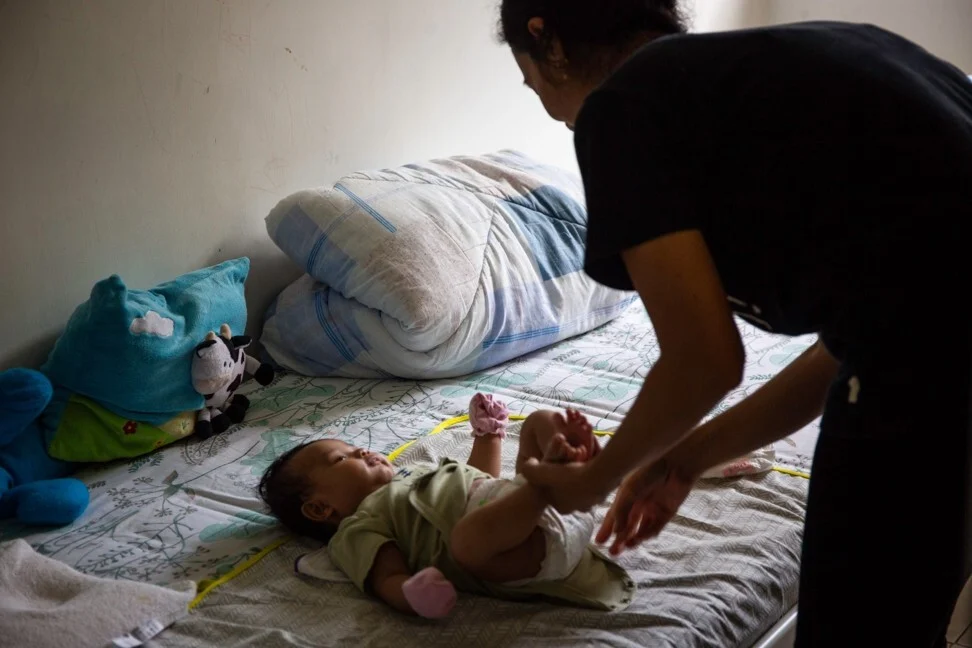In many households across the globe, foreign domestic helpers play a crucial role in daily life. Often hailed as a solution to household management and childcare needs, their presence is a common fixture, particularly in urban areas of developed countries like Hong Kong and Singapore. However, beyond the glossy brochures and promises of assistance, lies a complex reality that warrants closer examination. First and foremost, it is essential to acknowledge that foreign domestic helpers often leave behind their families and support networks in their home countries to undertake these roles. While they may find better-paying opportunities abroad, the sacrifices they make come at a considerable emotional cost. Separation from loved ones, coupled with the challenges of adapting to a new culture and language, can lead to feelings of isolation and homesickness. Furthermore, the working conditions experienced by foreign domestic helpers vary widely. While some employers treat their helpers with respect and provide adequate living conditions, others subject them to exploitation and abuse. Reports of excessive working hours, underpayment, and even physical or verbal abuse are sadly not uncommon.

The lack of legal protections and social support exacerbates their vulnerability, leaving many foreign domestic helpers feeling powerless to address grievances. Moreover, the portrayal of foreign domestic helpers solely as caregivers and housekeepers often overlooks their diverse skills and aspirations. Many foreign domestic helpers are highly educated and possess talents beyond their designated roles. Yet, restrictive visa regulations and societal stereotypes limit their opportunities for advancement. Consequently, they remain trapped in low-paying, menial jobs with little prospect for career growth or self-improvement. Additionally, the social stigma attached to domestic work perpetuates inequality and discrimination. Despite their contributions to households and economies, foreign domestic helpers are frequently marginalized and treated as second-class citizens. Discriminatory practices, such as segregating foreign domestic helpers in public spaces or denying them access to certain amenities, further reinforce their status as outsiders, perpetuating a cycle of marginalization and exclusion. Addressing these issues requires a multifaceted approach that prioritizes the rights and well-being of 外傭.
Governments must enact and enforce legislation that safeguards their rights, including fair wages, reasonable working hours, and protection from abuse. Employers must undergo mandatory training on ethical employment practices and cultural sensitivity to foster a more equitable and respectful workplace environment. Moreover, initiatives aimed at empowering foreign domestic helpers and enhancing their socio-economic mobility is imperative. This could involve providing access to education and skills training programs that enable foreign domestic helpers to pursue alternative career pathways and break free from the cycle of domestic servitude. Additionally, fostering inclusive communities that embrace diversity and combat discrimination is essential in promoting social cohesion and equality for all. Furthermore, raising awareness and challenging societal stereotypes surrounding domestic work is essential in promoting empathy and understanding towards foreign domestic helpers. By humanizing their experiences and highlighting their contributions, we can challenge the narrative of foreign domestic helpers as mere commodities and advocate for their recognition as equal members of society deserving of dignity and respect.
